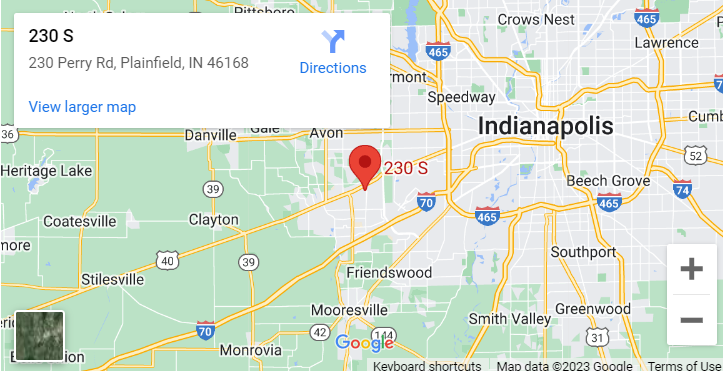Call the Cops. There’s a Criminal in my Computer!
A common plot of Hollywood thrillers is the “Don’t Answer the Phone” device. In this kind of movie, the babysitter is aware that there is a maniac about to come to kill her or the children. The big moment comes when she gets a phone call from the police who say “The calls are coming from inside the house!” Pretty scary stuff.
But we have a modern day version of “the maniac is inside the house”. The maniacs are actually hiding in the house but not in the closet, not in the basement, not in the attic but in the computer! And it isn’t just happening to an occasional unfortunate victim. These kinds of crimes are happening to thousands of people every day, people like you and me. It’s called cyber crime and it’s an epidemic that law enforcement is putting all the skill and detective work they can muster to try to control.
When you hear a phrase like “cyber crime”, it makes you think of Arnold Schwarzenegger in The Terminator as a heartless android out to create chaos. But cyber criminals are far more elusive than Arnold. They could be any one in your neighborhood or halfway around the world. They don’t need a key to your back door or a tunnel under your house to get in. Cyber criminals can take up residence inside our computers and quietly commit crimes as we sit there enjoying our YouTube selections or having an IM chat with Aunt Edna.
The problem is not that our legal system has not done a good job of defining crimes committed using the internet as crimes. The legal community has all the laws on the books that they need to stop these criminals. The problem comes with finding the criminals and even know when a crime is being committed. But despite the elusive nature of cyber criminals, some of the kinds of crimes that can be committed directly over the internet are pretty scary including…
* Identity theft.
* Fraud.
* Embezzling hundreds, maybe thousands from your bank account.
* Hijacking an elderly person’s Social Security checks.
* Cyber seduction of youth and even children.
* Unauthorized access to your financial information which they can sell to other cyber criminals.
* The downloading of computer viruses and other destructive software that can damage your computer.
* Cyber terrorism.
Amazingly, most of this kind of crime can be happening inside your computer without you ever knowing it is there. The key to success for cyber criminals are these little programs sometimes called “spybots”. A spybot is a tiny program that can take up residence in your computer by hiding in your internet system with cookies and other content that you download when you are surfing the web. These programs can then capture and record your keystrokes and send them back to the cyber crimanl who can capture your secure information from that data. Or they can watch your cyber surfing and learn where you go to help cyber criminals figure out better ways to commit their crimes.
Cyber crime is something we hope our law enforcement professionals will eventually learn how to stop. But because cyber criminals can be anywhere in the world, stay on the run and even change electronic locations of their “headquarters” without ever betraying their physical location or who they are, it’s a amazingly difficult job for our law informant professionals to learn how to find these criminals and to capture them and put them away.
We can help by being ever vigilant about our computers. There are programs we can install that can “lock the front door” of our computers. The two top names in this kind of software are Norton and McAfee but there are dozens more that can do the job just as well. The good news is that these programs can simultaneously watch our emails, monitor for spybots and keep our computer clean of viruses and other internet surprises that can cause so much damage.
So just as we work with neighborhood watch and put locks on our doors even though there are police in our neighborhoods, we have to view cyber crime as a problem that everybody has to work together to stop. By making sure your computer is protected, you take one more victim out of the cycle. And that helps everybody in our quest for a safer internet.
PPPPP 745



